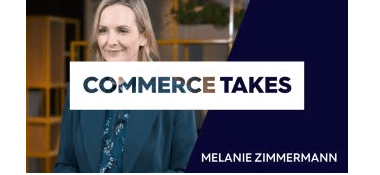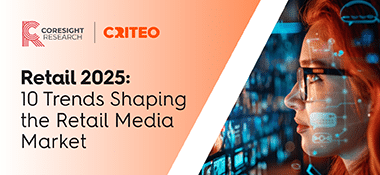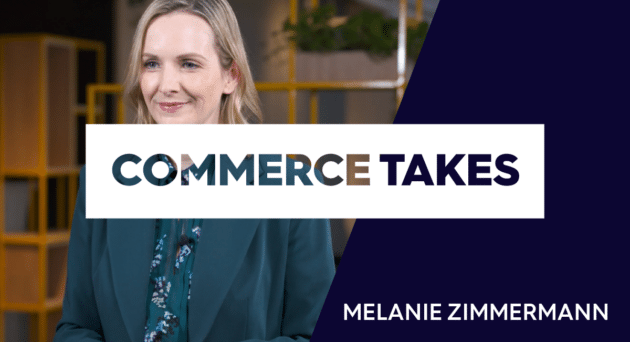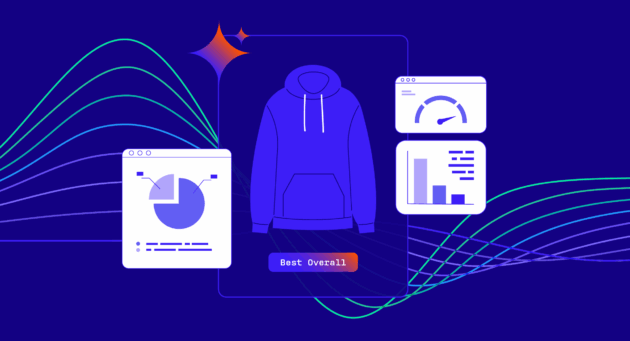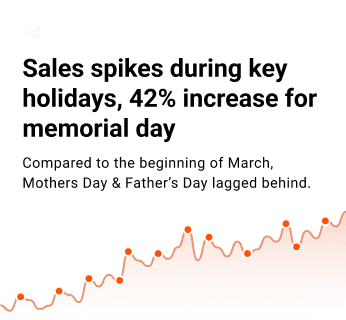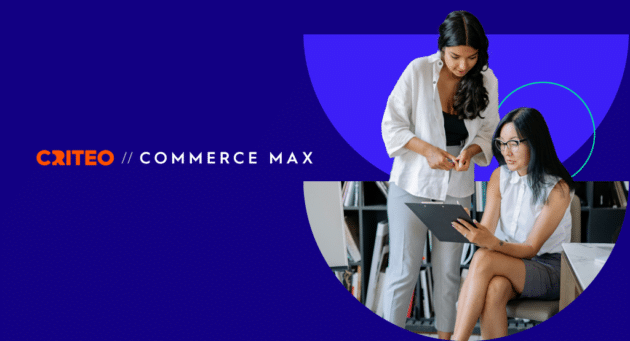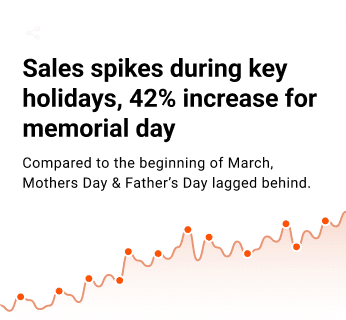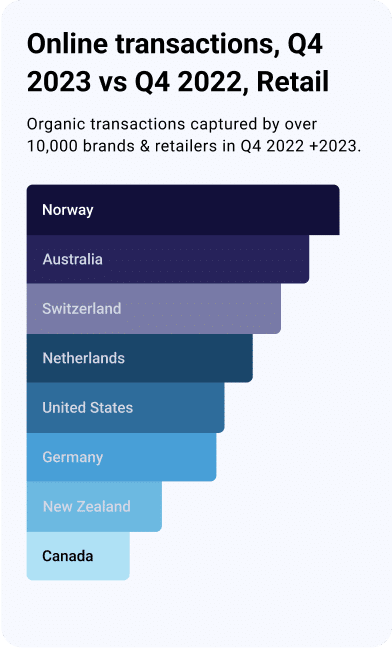What do T-shirts, logistics, aviation, and Brené Brown have in common? They’ve all helped shape the life and career of David Fox, who joined Criteo last spring to take on the crucial roles of both Chief Commercial Officer and Chief Development Officer.
David hasn’t had a “standard” career path, as his experience includes holding leadership positions at large public companies, such as Akamai Technologies, as well as founding four companies of his own. His most recent position prior to joining Criteo was serving as the CEO and Chairman of Stellar Labs, a successful business aviation marketplace he founded in 2014.
Aviation is in David’s blood, as his grandfather and father both had careers in that field — prompting his childhood dream of becoming a pilot. While his eyesight may have diverted his flying dreams, his son started learning to fly when he was 11 years old, so it’s clear the tradition continues in the Fox family.
I had the pleasure of speaking with David to discuss his leadership style, his influences, lessons he’s learned from being an entrepreneur, and more. Find out what David had to say in the Q&A below.
You serve as both Criteo’s Chief Commercial Officer and Chief Development Officer —how would you describe these roles?
Criteo is in the middle of a transformation towards becoming an upper-funnel advertising partner for our clients and my objective across both of my roles is to help enable growth by leading our global commercial teams, as well as driving our strategic partnerships to build the strongest ecosystem possible. Between our own products and the added expert solutions offered through our trusted partners, we provide tremendous value to advertisers, agencies, and publishers —and my goal is to continue to increase the value we can offer.
What do you think is the biggest change in consumer behavior due to COVID-19 that will continue after the pandemic subsides?
The pandemic has really accelerated the growth of ecommerce. For instance, a report we published this summer that surveyed over 13,000 consumers worldwide showed that 53% of shoppers discovered at least one form of online shopping during COVID-19 and want to continue using it. This shows that we’ll continue to see a rise in online shopping across many sites — not only larger ecommerce players.
How do you think this increase in online shopping will affect ecommerce?
With the influx of online shoppers, we’ll see an increase in consumers visiting new brands and retailers’ sites to better find what they’re looking for, as larger ecommerce companies may struggle to keep up with demand. This may also increase brands taking a more direct-to-consumer approach to better manage their relationships with these new customers.
Marketers will need to be everywhere — adopting an omnichannel strategy — to ensure they’re reaching their entire audience. This includes engaging with shoppers who previously only shopped in-store with relevant online advertising that speaks to where they are in their customer journey.
How has your career evolved?
My career path has been anything but linear. I had an entrepreneurial spirit from early on and started my first business at the age of 14 — selling T-shirts with my uncle’s designs on them to a network of bay area high schools. I continued a similar business throughout my college years and since then have held many positions across both my own companies, as well as larger organizations. These experiences have helped give me a holistic perspective on how to transform companies, as well as understand what big business can learn from entrepreneurs.
What lessons can big businesses learn from entrepreneurs?
I’ve been lucky enough to have great mentors throughout my career, and one advised me to make sure I don’t “have blinders on” when it comes to building a business. As an entrepreneur, you need to have a great vision and a focused path to achieve it, but you also have to make sure you see the entire picture, so you can see things coming around the corner that could positively or negatively impact your business.
That advice can apply to anyone — whether you’re a one-person operation working out of your garage or the CEO of a Fortune 500 company. You need to keep your finger on the pulse of the market, so you can adapt accordingly. Every company that I’ve started has ended up being vastly different than I ever could have imagined, and that’s a result of being attuned to the market conditions.
Which public figures do you admire and why?
There are many, but given the unprecedented times that we are going through on a global scale I feel some of the usual suspects don’t immediately come to mind in this moment. With unemployment at historically high levels, small companies going out of business, and the challenges of working from home, it is important to listen carefully to my team and help enable them in any way I can. We are in a different world and with our task at hand inside Criteo, this has affected our team in many ways – good and bad.
That said, the one person who comes to mind today in particular is Brené Brown. Her talks on empathy really resonate with me since empathy is a fundamental skill that I’ve been personally working on in both my career and my home life for many years. Being empathetic ultimately helps me set a deeper connection with teammates, facilitates better listening skills, and helps me be a more effective communicator, which are skills you need for all aspects of life. In turn this helps drive a closer connection with my team, regardless of the topic, in what can be a challenging virtual world we now live in. It’s crucial that we all enable ourselves to be as effective as possible.
What advice do you have for other executives in leadership positions like yours?
Create as much value as you can as quickly as possible. Find ways to achieve quick wins and build that momentum with your teams. It’s very important to nurture your teams by identifying their growth opportunities and empowering, enabling, and encouraging them to accelerate their careers. That will ultimately help them take risks, do great work, better manage their teams, and have more fun.
I’d also encourage all leaders to find a network they can lean on for support professionally and personally. For instance, I’m a member of a global leadership community called the Young President’s Organization (or YPO), which lets me share and learn from thousands of the world’s top leaders. It’s critical to have a community that can help you share knowledge and gain outside perspective.
I’d like to say a huge “thank you” to David for his time and his insights for this interview. Check out more content from our executives, including insights from our CEO, Megan Clarken, here.


